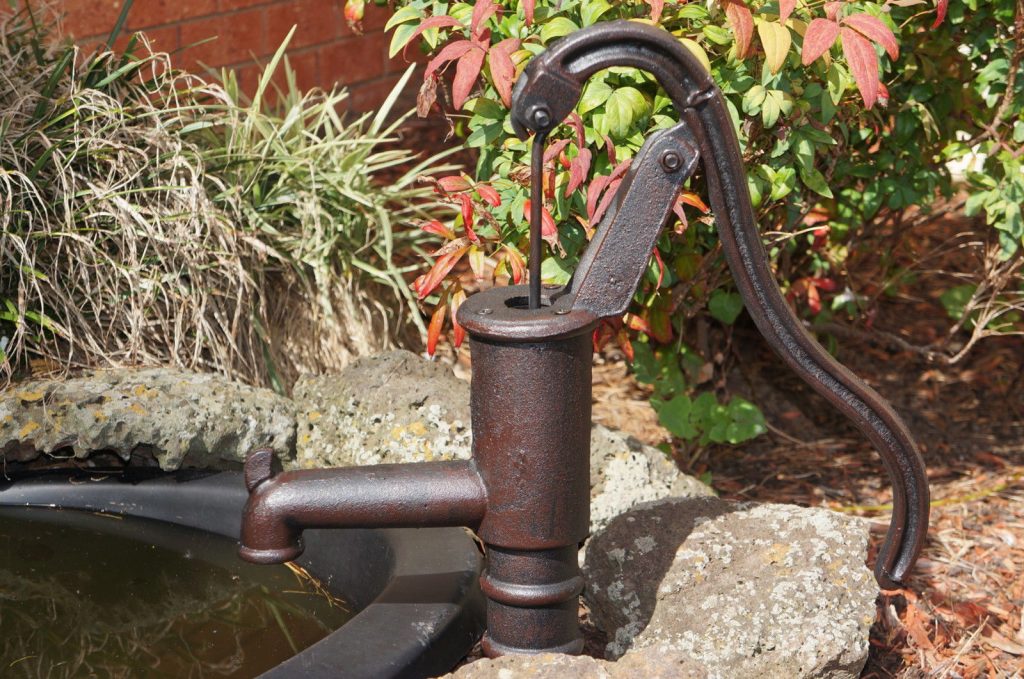Imagine you are considering purchasing a new home. You may not be the most construction-oriented person or know exactly what to look for when purchasing a home. Additionally, your financing may require that you have a home inspected prior to being qualified for funding. Lastly, you may just feel more comfortable having experts look at your potential purchase and point out potential problems before they become, well, your problems. After all, for most Americans the family home is the single largest investment they will make during their lives. The purpose of this post is to describe the inspection process and the common and important issues that often arise.
Prior to purchasing real estate, most buyers (the smart ones at least) will take a look at the real estate. Either they have the knowledge to identify defects in the improvements to the real estate or they hire a person to assist them. Another option is to inspect the real estate after a contract has been signed by the Seller and Buyer. It is important to note that if this is the intent of the parties, the contract must specifically give the Buyer the option to inspect the property and to request repairs of unacceptable conditions if they are found.
Prior to entering into the contract or after entering into the contract (whichever the case may be) and during the “inspection period”, inspections are made. At this point, a home inspector is hired and gains access to the home in order to perform the task. The inspector will look at a multitude of items to gather information regarding the condition of the home. This information will be compiled in a report that is provided to the buyer. The report will identify items of various concern and make recommendations for repair, when needed. Major items to be inspected consist of the foundation, walls, roof, mechanical systems, plumbing, electrical and the layout of the site.
Additionally, if a loan is being procured, a termite inspection will most likely be required. This is typically performed by a different company than the home inspection. A pest control technician will inspect the house for termite damage and active colonies and make recommendation for treatment, if needed.
Another inspection common to this region is radon testing. Radon gas is an odorless and harmful gas that seeps into homes and can cause health problems from prolonged exposure. For more information regarding radon issues when buying and selling your home, please refer to this link: https://www.epa.gov/sites/production/files/2015-05/documents/hmbuygud.pdf
After the inspections are made, a buyer should review the reports and determine whether there are issues of concern to the buyer. For example, if the roof requires replacement, is this in the buyer’s budget? Is it an unacceptable condition to the seller that will require replacement before moving into the home? Will the seller either replace the roof or pay a portion of the repair? Will your bank still finance the transaction if the roof is not replaced? Again, your real estate agent can assist you in navigating these concerns.
There are many licensed home inspectors, pest control technicians and radon testing and mitigating outfits in the Tallgrass Title service region. If you are unsure which inspector to hire, it is recommended to work with your realtor or banker to identify an inspector to assist you in your transaction. In any event, buyers should always educate themselves about the home they are purchasing and protect what may be their largest investment.




